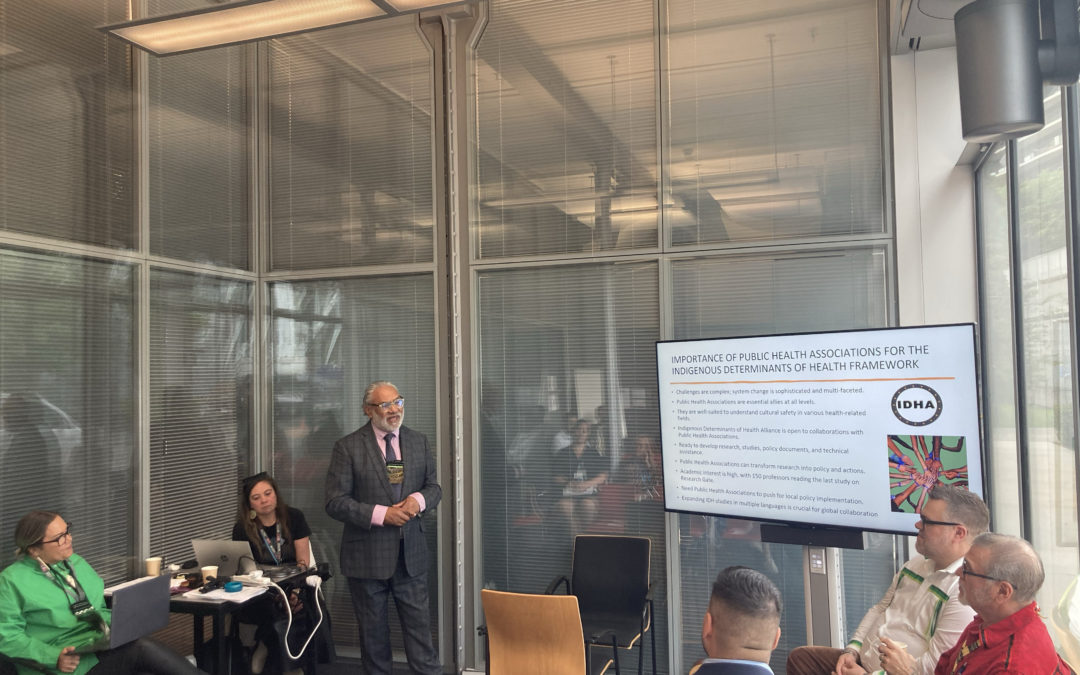
Transformative Dialogue on Indigenous Health and Decolonising Public Health Practices at WHA77
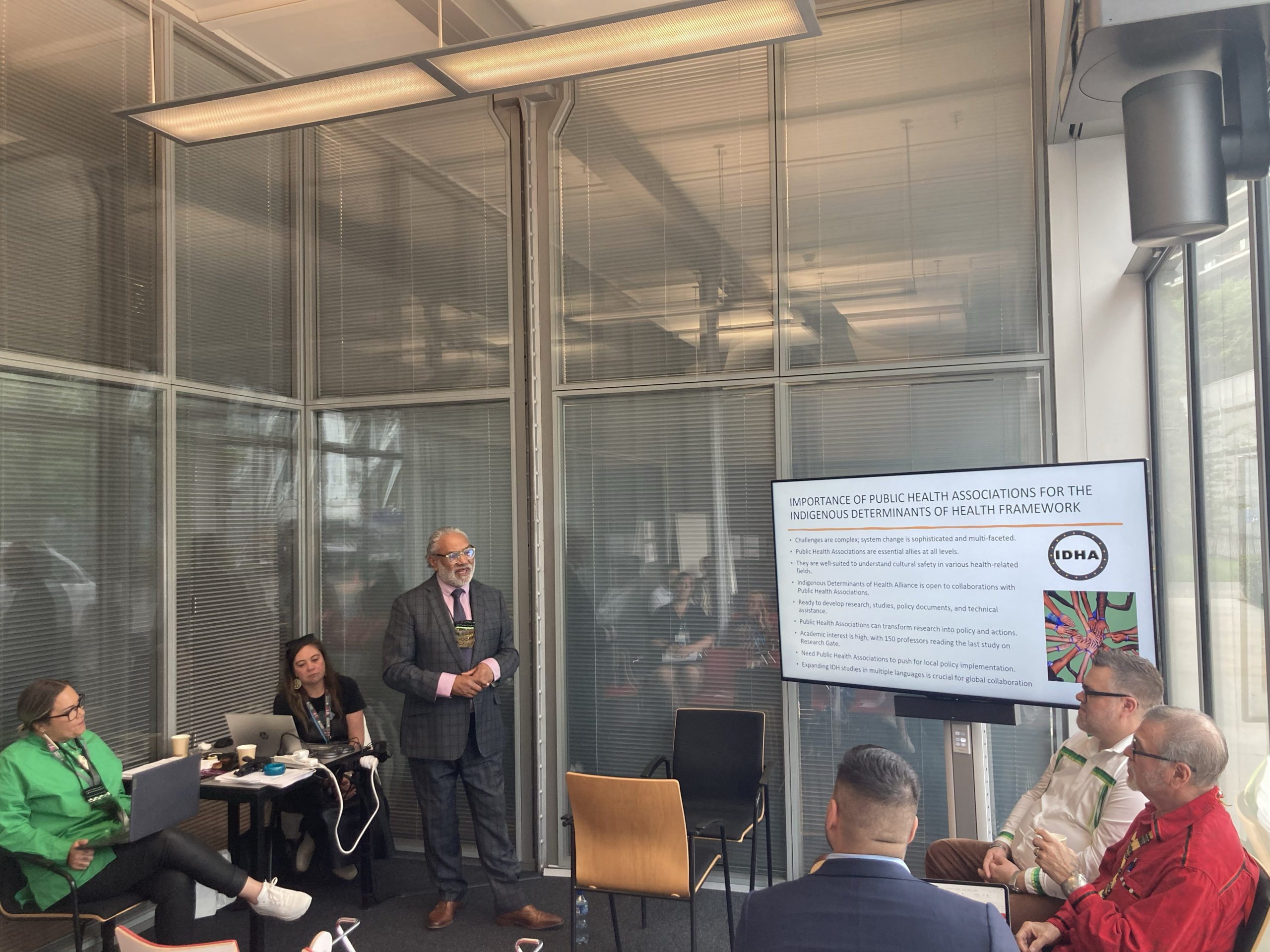
Transformative Dialogue on Indigenous Health and Decolonising Public Health Practices at WHA77
News
May 29, 2024
The World Federation of Public Health Associations hosted a pivotal side event alongside the 77th World Health Assembly, in collaboration with the Indigenous Working Group of the WFPHA. Led by Mrs. Emma Rawson-Te Patu, President of WFPHA, this event included profound insights, empowering discussions, and actionable strategies.
Facilitator: Guiding our discussions was Mr. Adrian Te Patu, Chair of the Indigenous Working Group – WFPHA.
Speakers: Our esteemed lineup included Dr. Alana Gall, Mr. Geoffrey Roth, Ms. Jess Apanui, and more. Each speaker brings unique insights and strategies for advancing Indigenous health and decolonising public health practices.

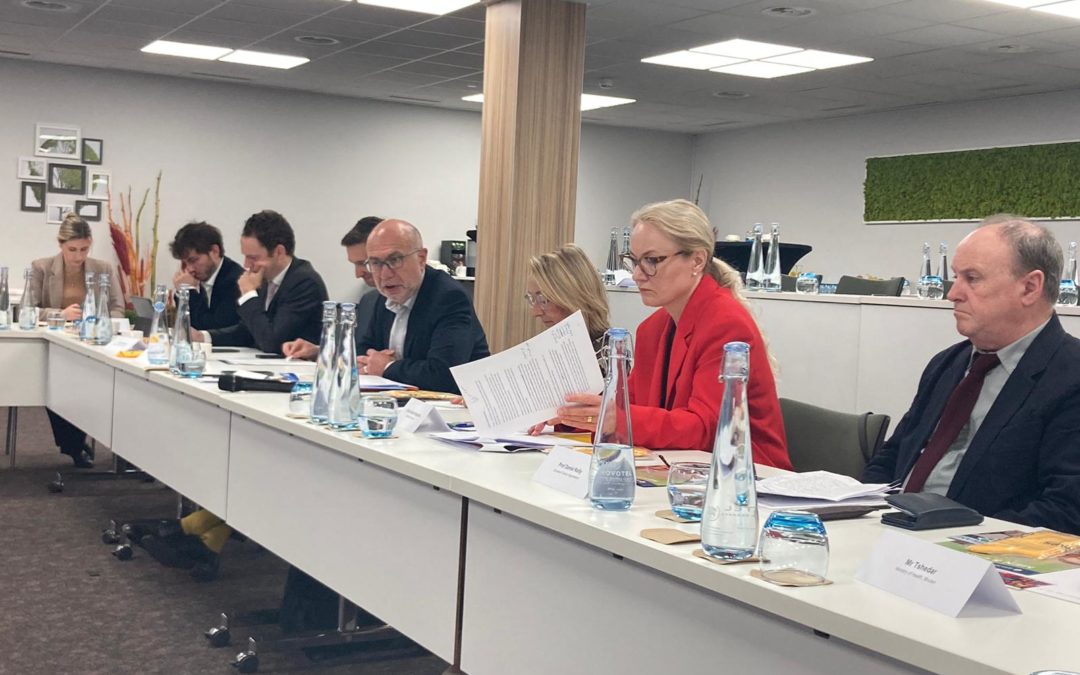
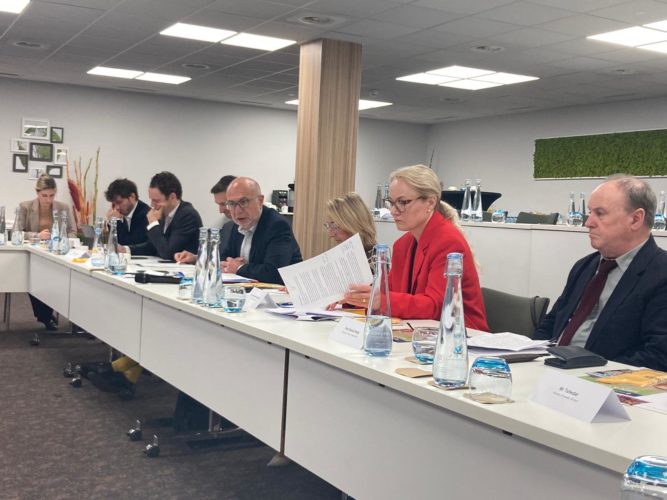
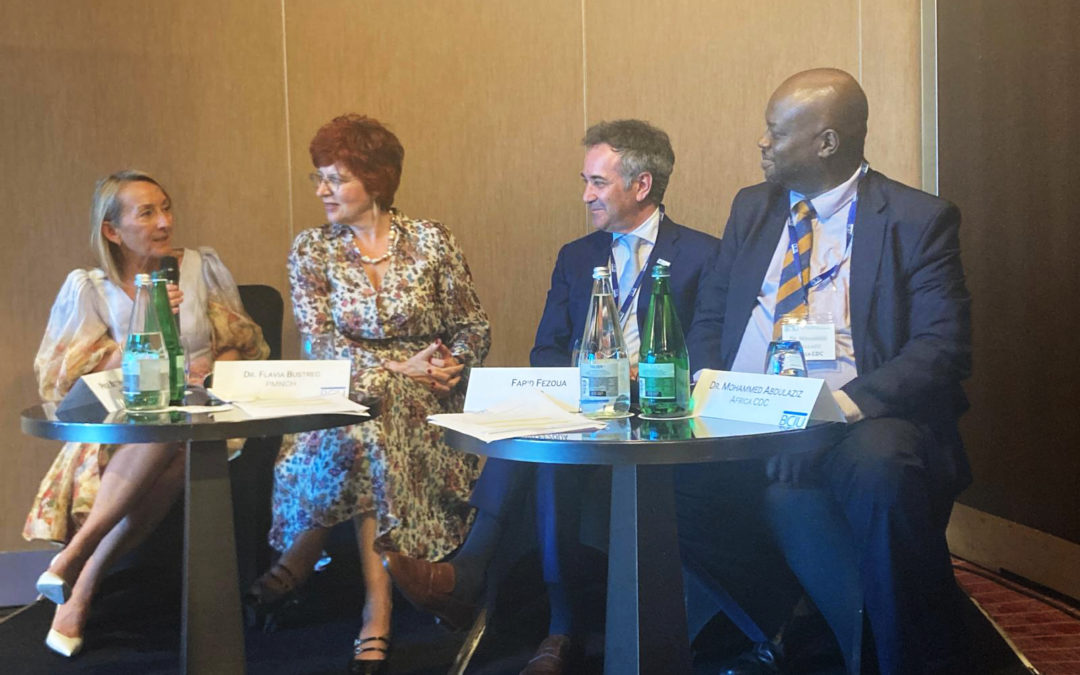
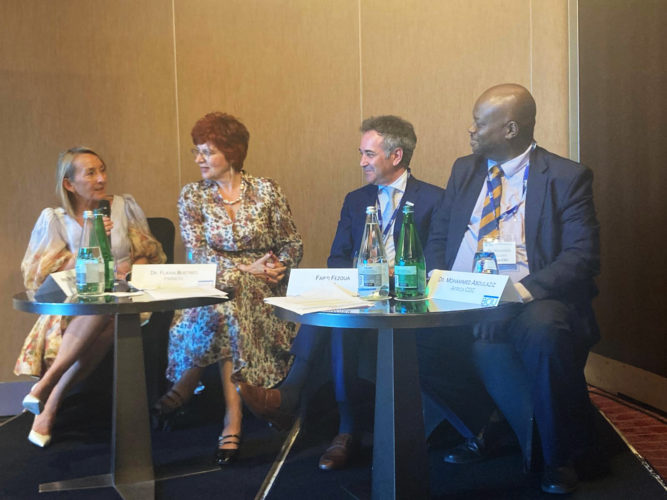
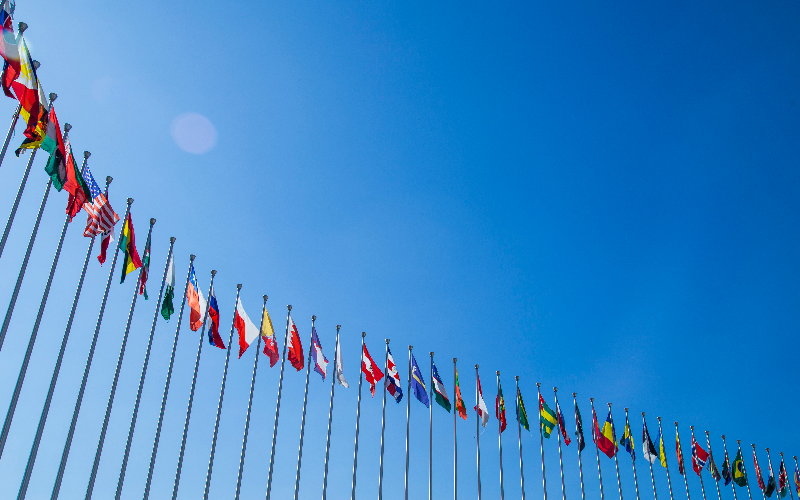
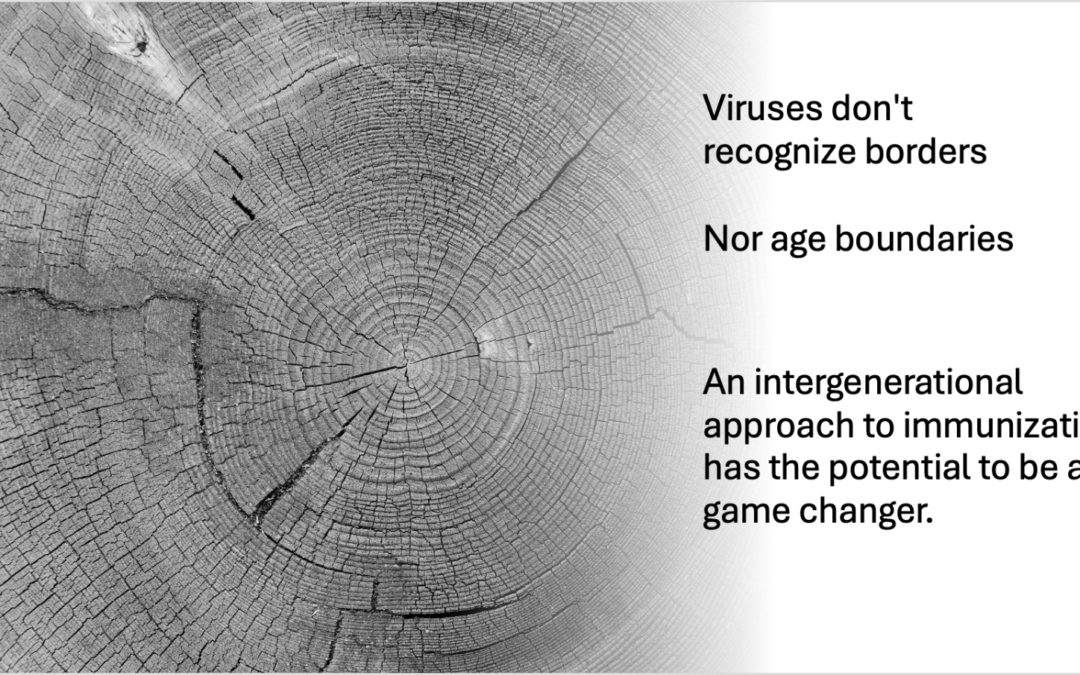
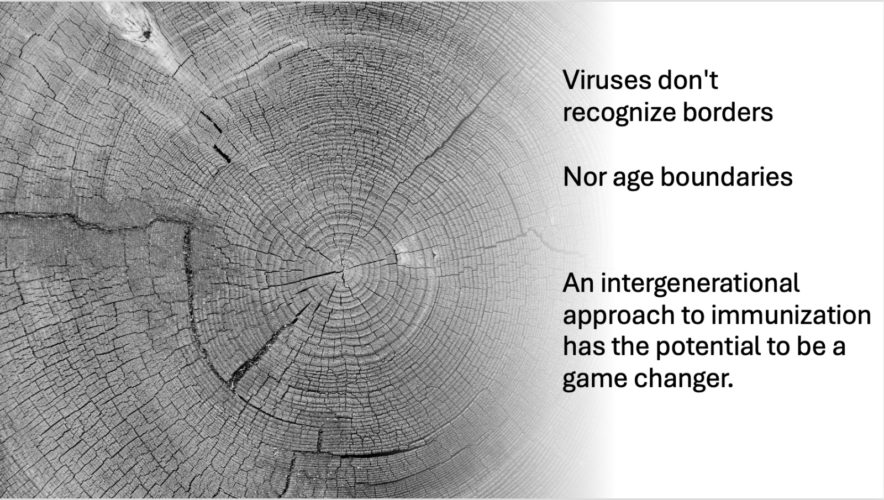
Recent Comments